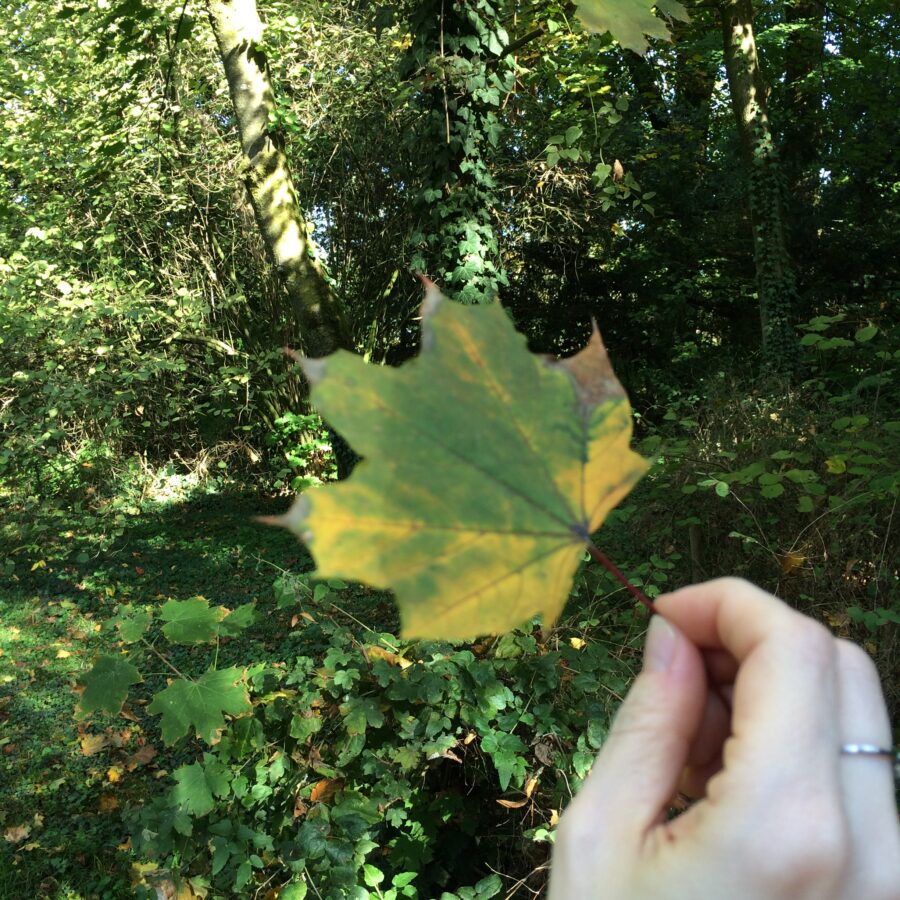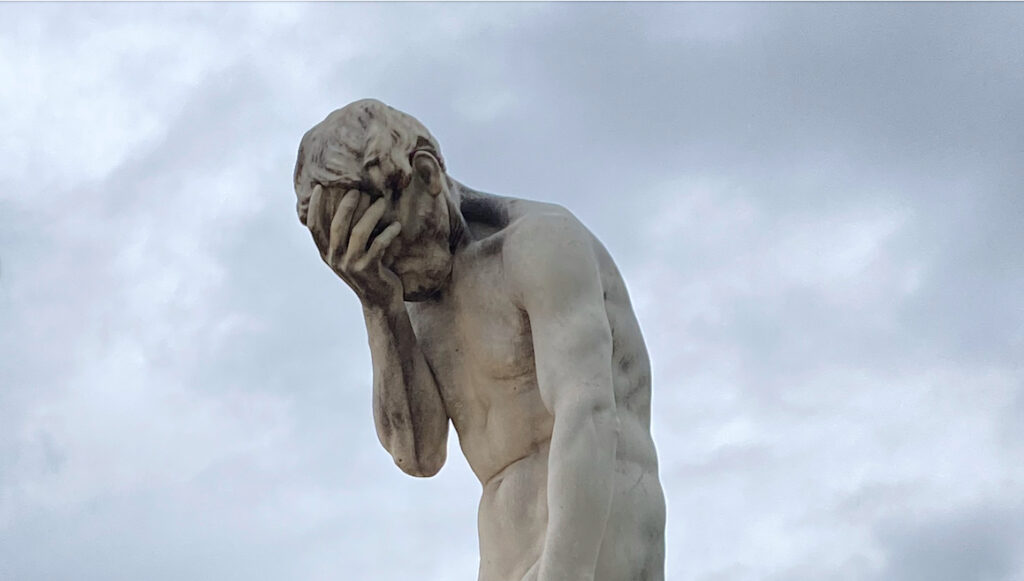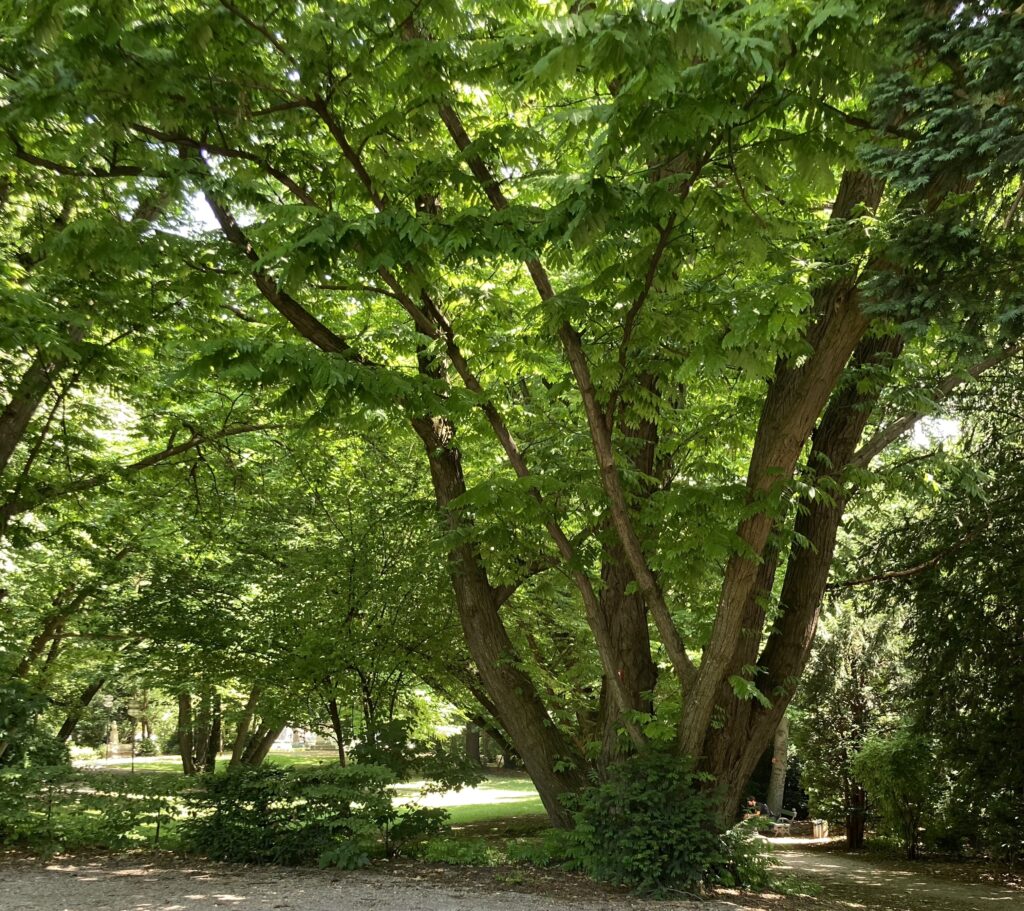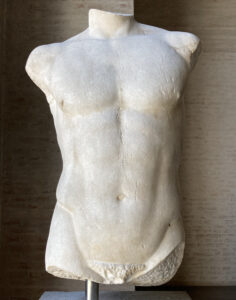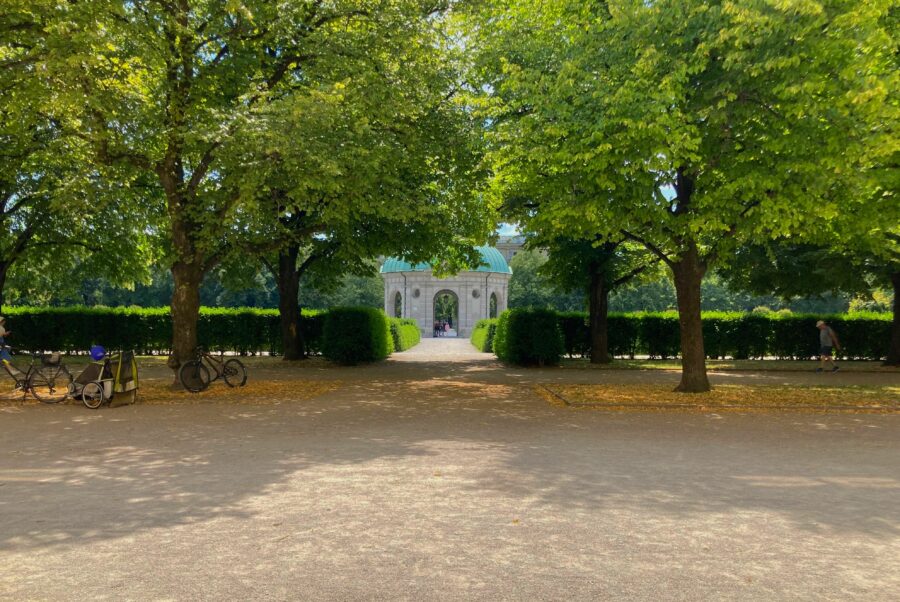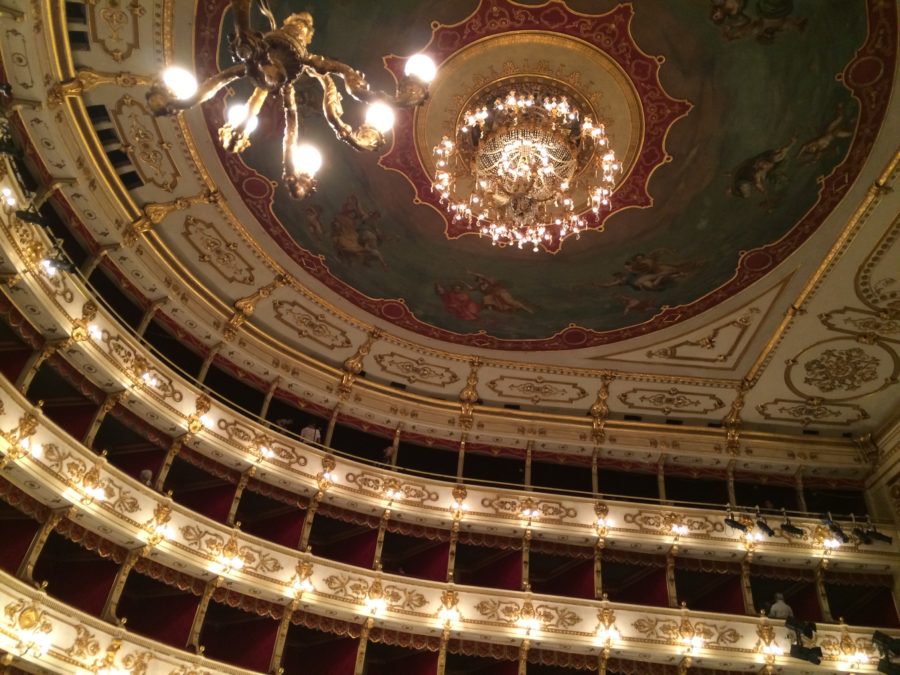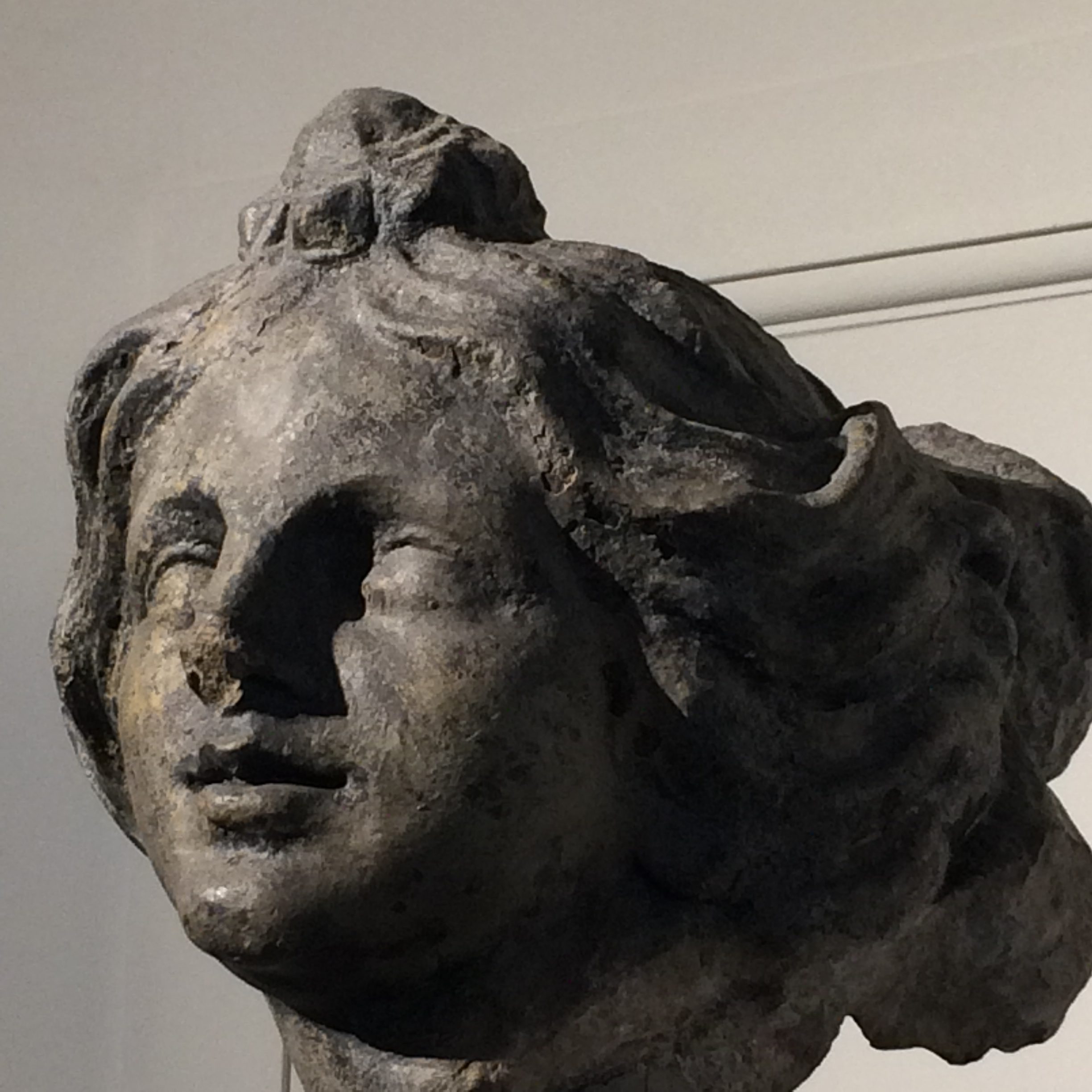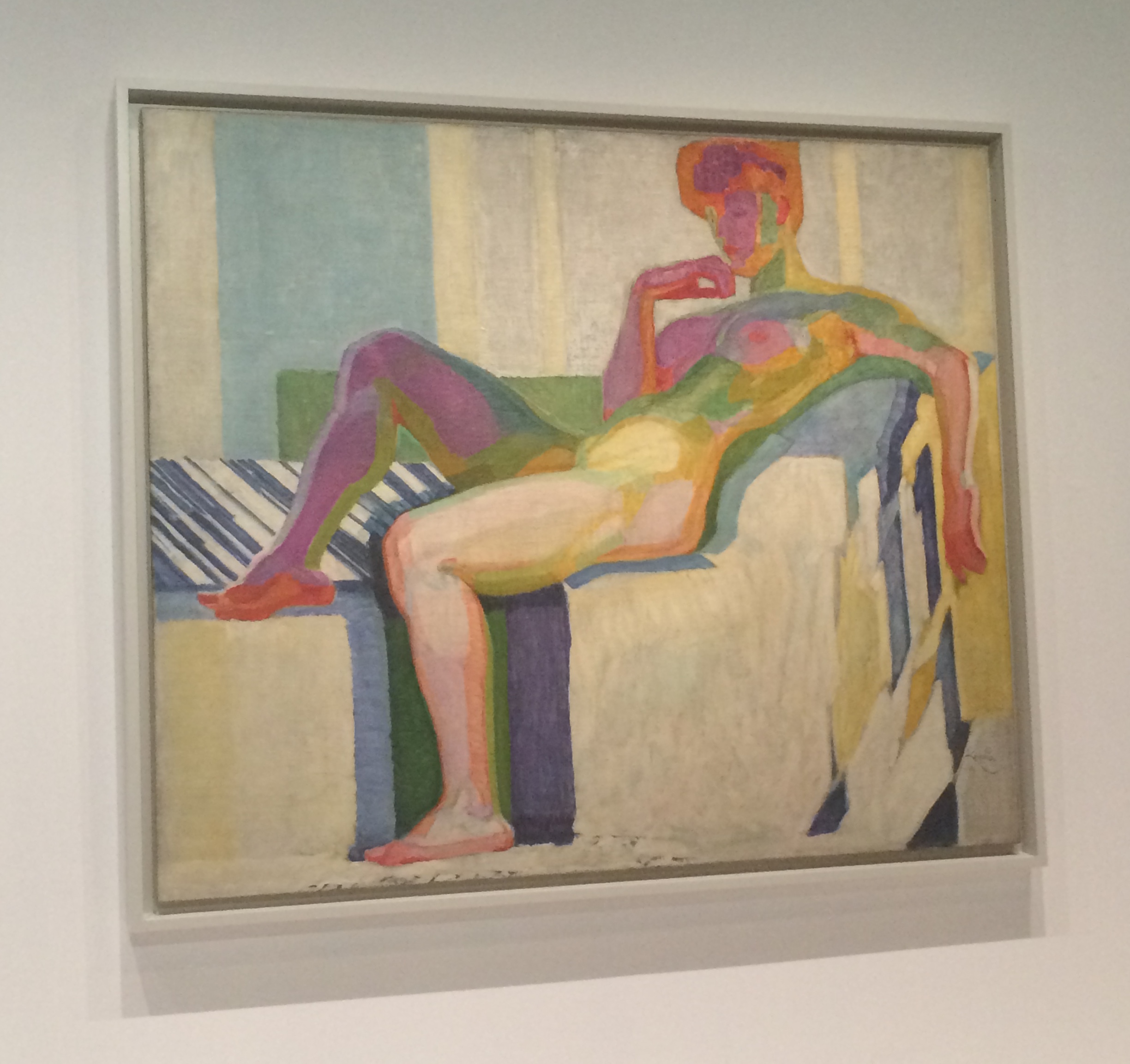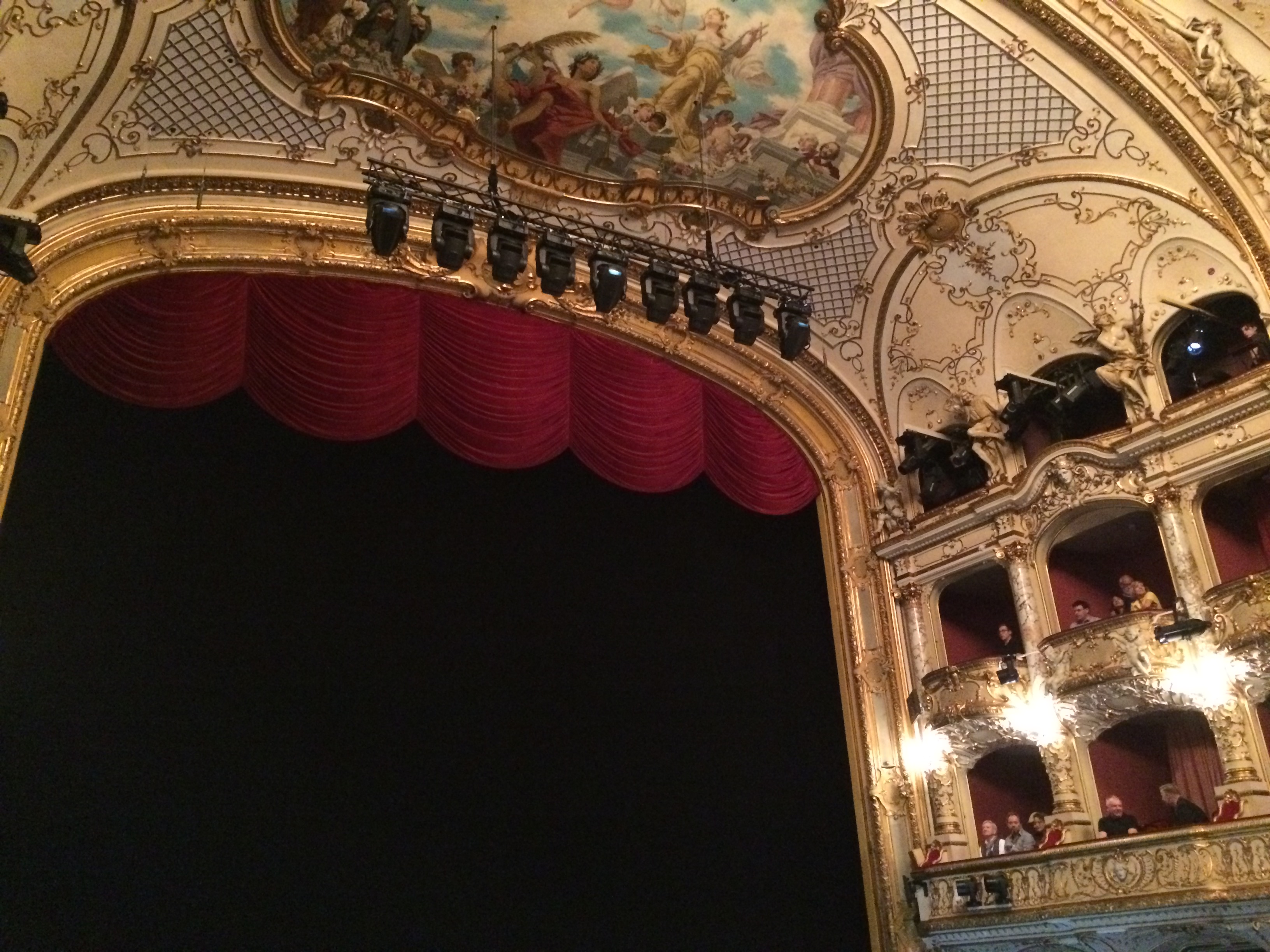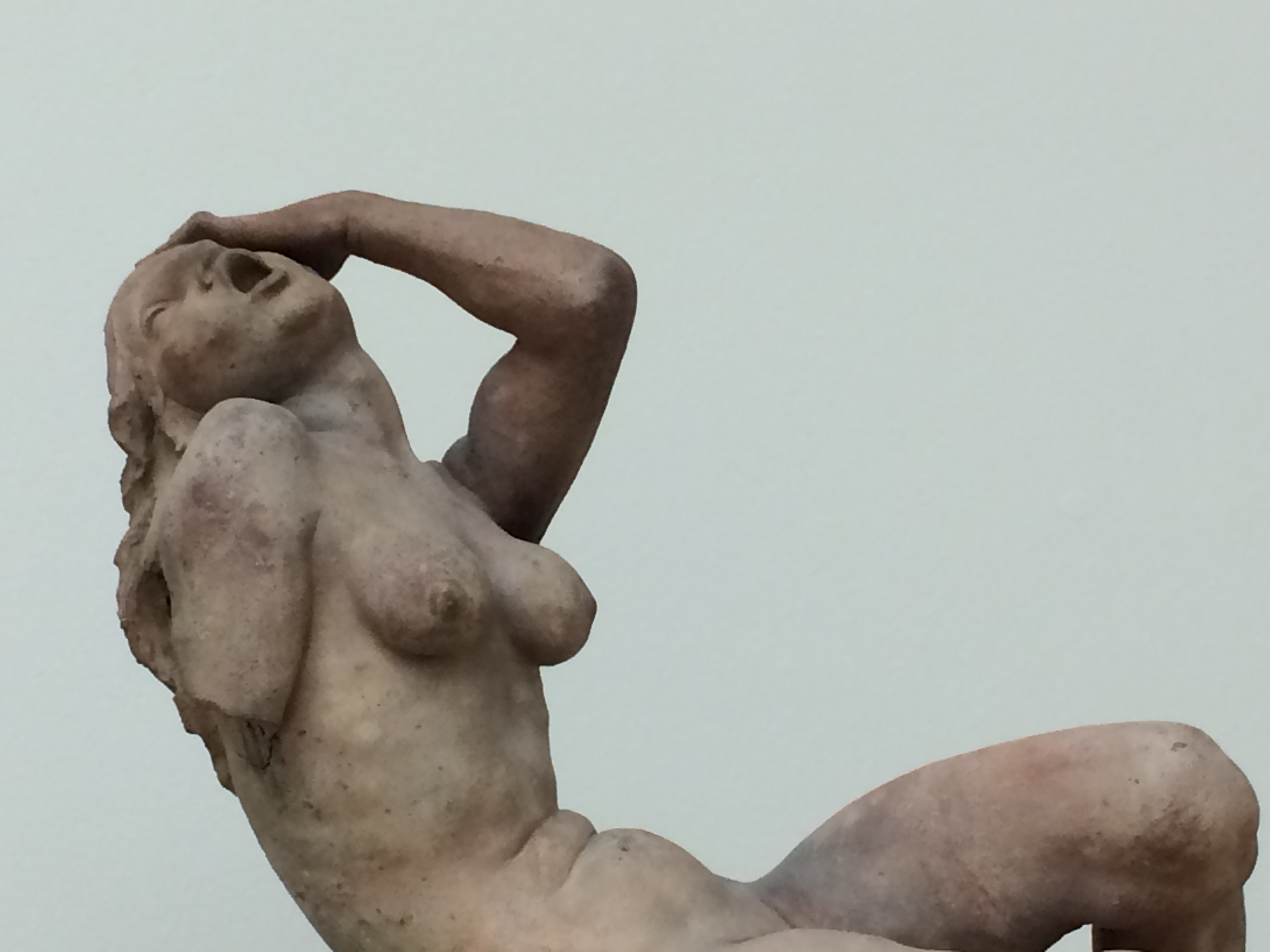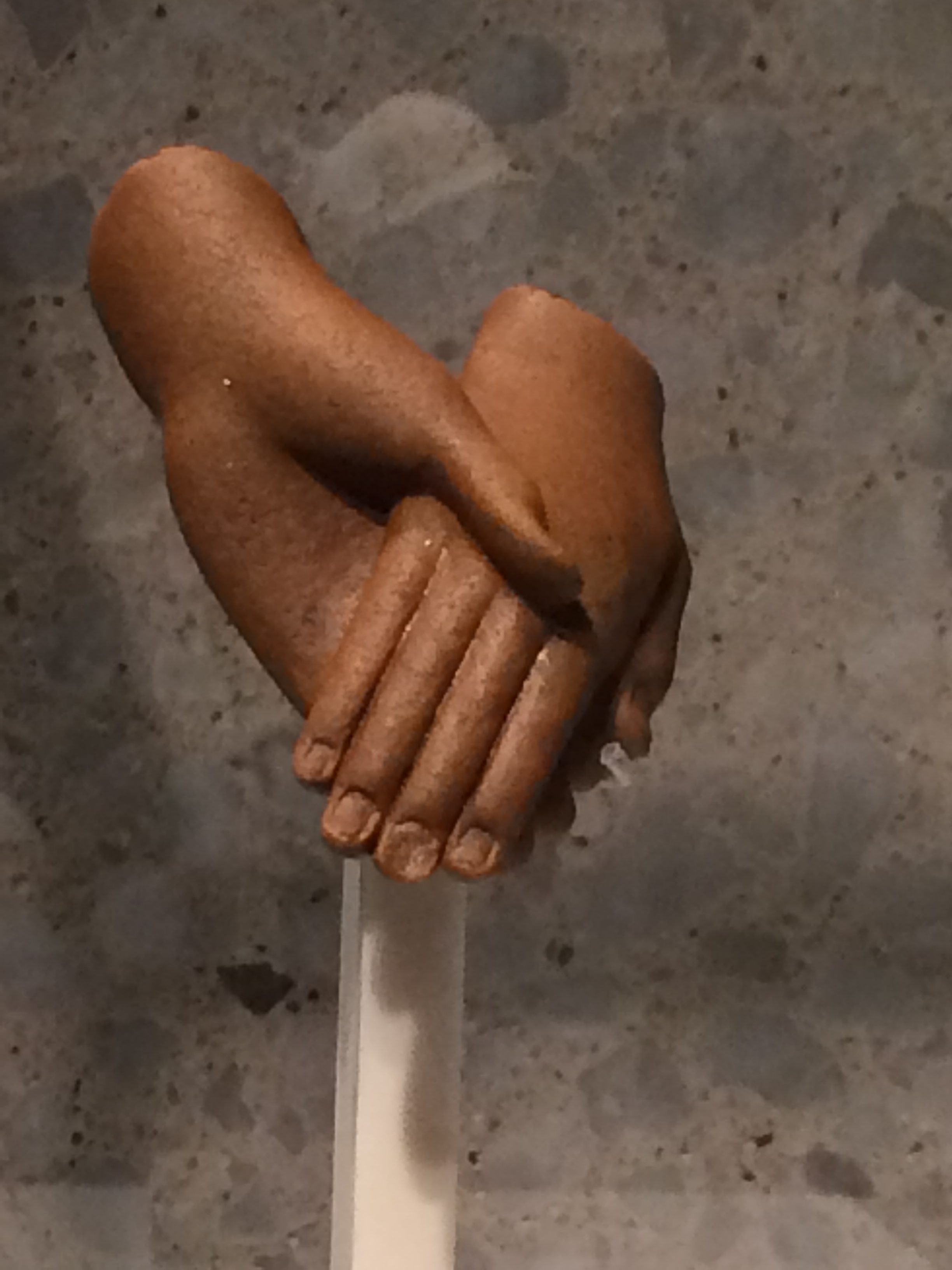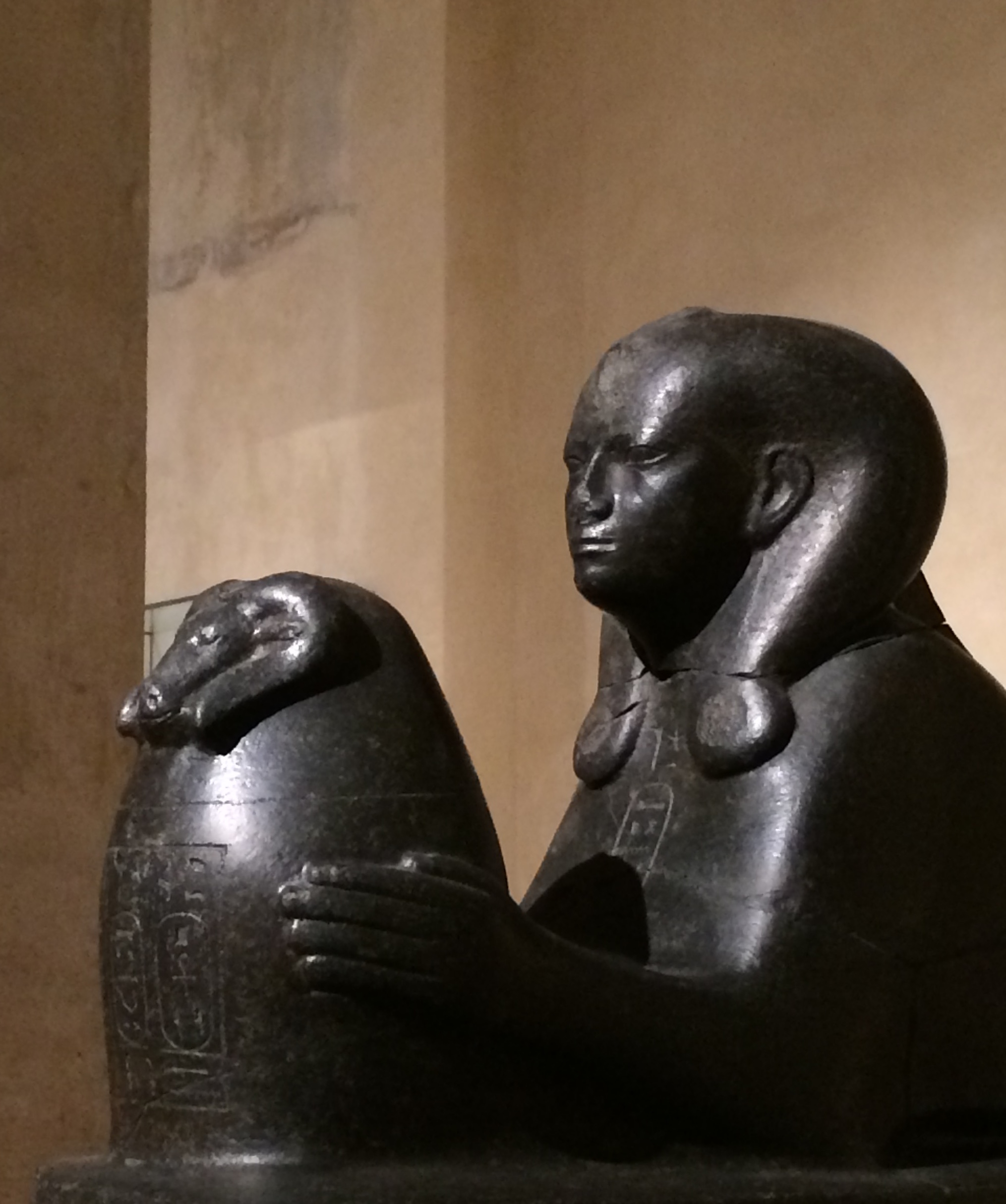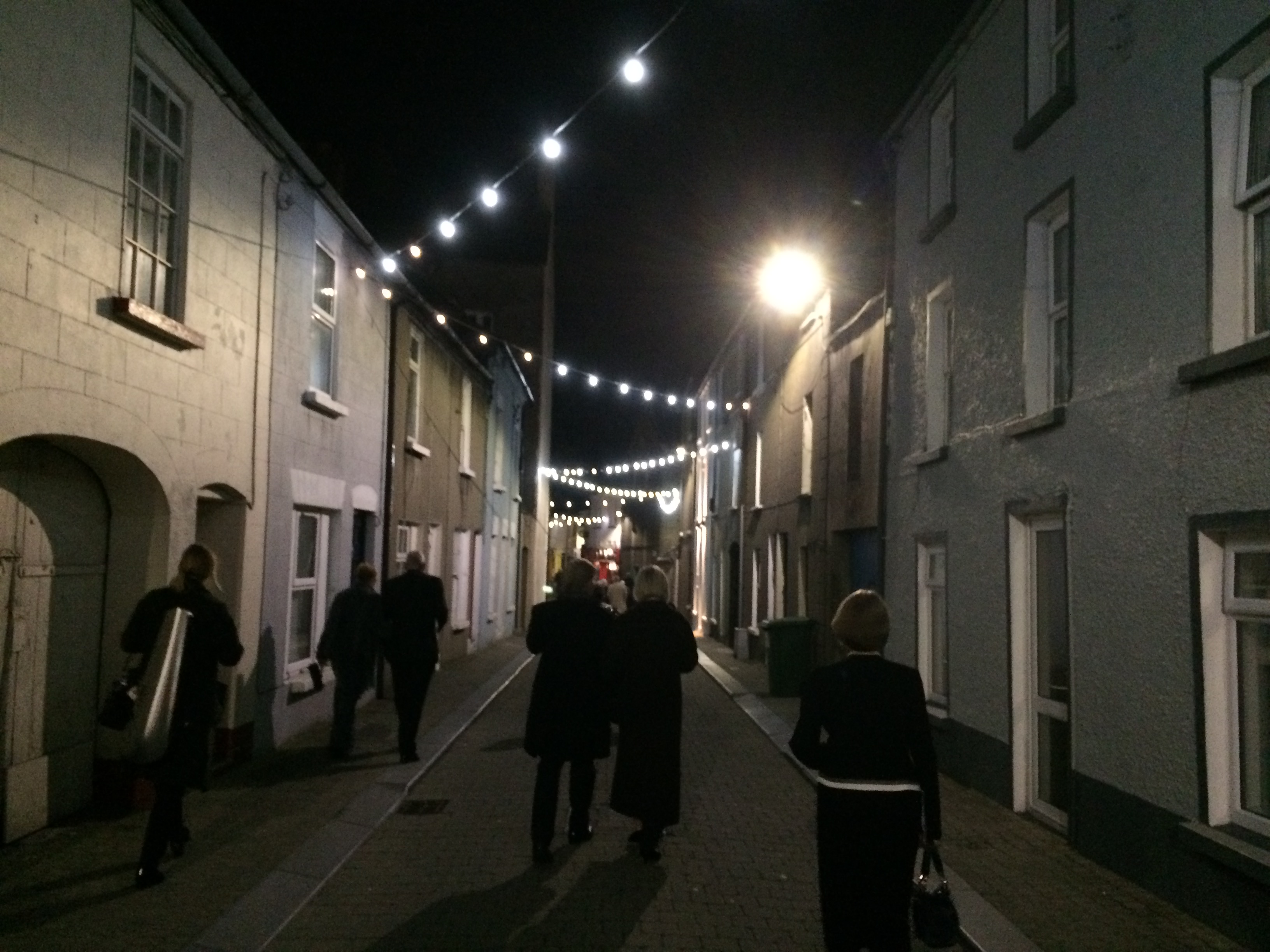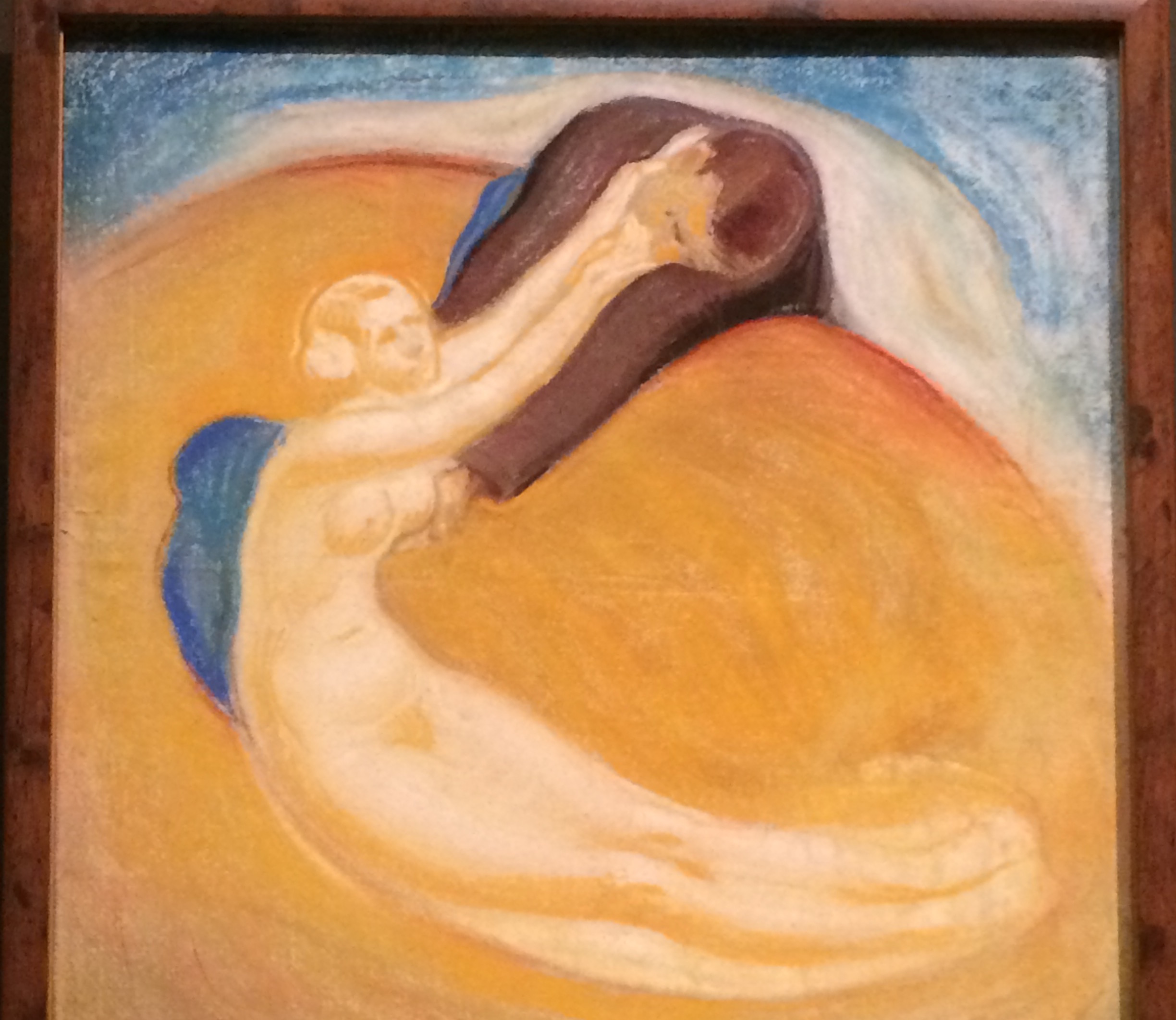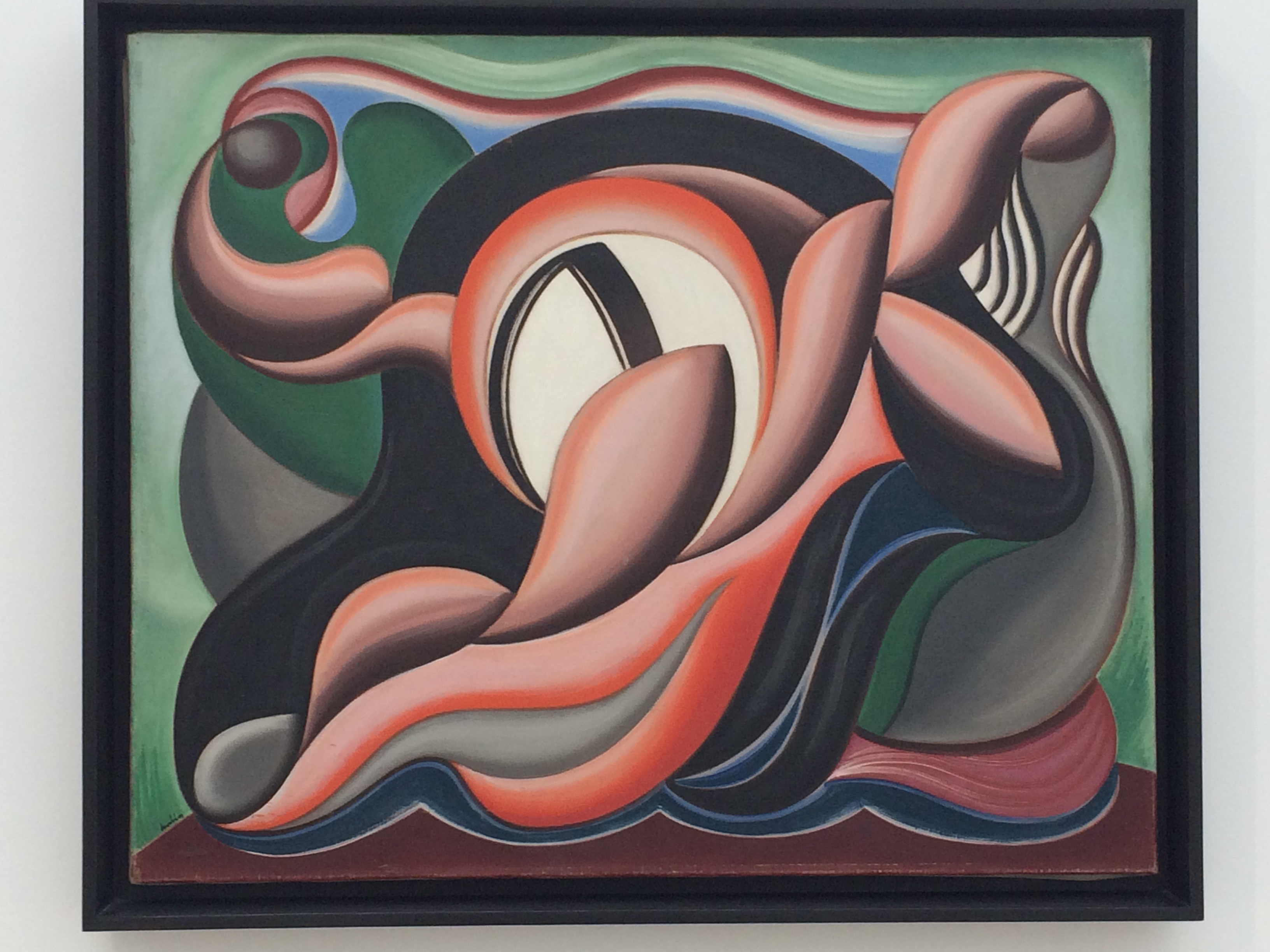Autumn is nigh, and with it one hopes for a respite from summer’s brutal heat. The temperatures of the season in the Northern Hemisphere were the hottest on record for the second straight year, according to a report by Copernicus, the climate change service for the European Union. With the start of the slow drive to winter comes the opening of the classical/opera season, and a related and different (if no less noticeable) kind of chill. The mix of new productions/voices/scores/schedules/casts/colleagues, to say nothing of the anticipation/dread concomitant within audiences and critics alike, brings its own unique set of temperature changes for everyone in and around the classical/opera world.
On a personal level, autumn has become a very paradoxical time: it means a welcome return to teaching duties – the structures such work entails and the inspiration its individual members always bring – but a simultaneously deep (and at times literally painful) FOMO that can last right through to December. Out of sight; out of mind? Hmmm.
In any case, here’s this month’s list of noteworthy things – musical, cultural, and otherwise – things to catch the imagination, inspire the intellect, and tickle the ears:
September 4th was the 200th birthday of composer Anton Bruckner. My favourite recording of Bruckner’s famous Seventh Symphony is by Bernard Haitink and his Concertgebouw Orchestra, part of a series of recordings done between 1963 and 1972 of all nine of Bruckner’s symphonies. This series was a major entry point for me (and I would imagine many others) into the composer’s larger overall oeuvre. Many organizations (including the Concertgebouw) have marked, or been marking, or will continue to mark, Bruckner’s birthday this year – the Berlin Philharmonic, Orchestre de Paris, the London Symphony Orchestra, the Bavarian Radio Symphony Orchestra, Rundfunk Sinfonieorchester Berlin, the Lucerne, Granada, and Verbier Festivals, the Chicago Symphony Orchestra, the San Francisco Symphony, and the Calgary Philharmonic among them. Composer Anton Safronov has written an immensely insightful essay on the composer for Musical Life magazine (“Bruckner 200 Years Later: The Half-Moron Demigod of New Music“; in Russian, translates nicely to English) which makes references to a host of composers including Schnittke, Mussorgsky, and Denisov, while conductor Markus Poschner, chief conductor of the Bruckner Orchestra Linz, spoke to Kirchen Zeitung (“Bruckner Never Gets Boring“) about various versions of the composer’s symphonies, Wagner’s influence, tempi choices, as well as his own recordings of the complete works with both the Linz and the Vienna Radio Symphony orchestras.
Arnold Schoenberg is also being feted by organizations; the composer’s 150th birthday is on 13 September. Orchestre Symphonique de Montréal (OSM) opens their season later this week with the monumental Gurre-Lieder featuring Clay Hilley, Dorothea Röschmann, and Karen Cargill, and led by OSM Music Director Rafael Payare. (The ten-year partnership between the orchestra and broadcaster Mezzo is prominently on display on the event page; one crosses fingers and toes for a recording from this to appear sooner rather than later.) In October the OSM and Payare have more Schoenberg in store: a recording of Schoenberg’s Pelleas und Melisande and Verklärte Nacht. Releasing via Pentatone on 11 October, the album (based on performances at Place des Arts this spring) comes on the heels of several Mahler-dedicated recordings, and offers a keen demonstration of the complementary artistic synergies and creative trust at work between orchestra, artists, administration, and audiences. (Please, more of this in Canada.)
Much sooner: On 10 September Opéra national de Paris offers a tantalizing introduction (at the Amphithéâtre Olivier Messiaen) to the company’s much-anticipated formal opening of the 2024-2025 season, Offenbach’s Les Brigands, pre-opening 19 September and opening night on the 21st. Director Barrie Kosky and General Director Alexander Neef will discuss various historical and musical aspects of the work. The introduction, like the autumn run, is sold out (which might offer some idea of just how anticipated this production is) – but as ever, one hopes for some form of online content from the presentation. (Bonjour, le FOMO est réel !) Kosky is perhaps the best person to explain Offenbach’s great, kooky work:
Awards season is here(ish): Opéra de national Paris’s presentation of Thomas Ades’s The Exterminating Angel by director Calixto Bieito is nominated for Best New Production at this year’s International Opera Awards. Other nominees in the category include Claus Guth’s staging of Khovanshchina at Staatsoper Unter den Linden (Berlin) and Lydia Steier’s production of Don Carlos at Grand Théâtre de Genève. Nominated singers include Gerald Finley, Jonathan Tetelman, Klaus Florian Vogt, Lisette Oropesa, and Anna Pirozzi; conductors include Simone Young, Carlo Rizzi, Thomas Guggeis, and Emmanuelle Haïm. Benedikt von Peter, who is Theatre Basel’s Intendant and artistic director, is among six nominees in the Best Director category. (He has a busy autumn: his staging of Wagner’s Ring cycle continues with Siegfried on 28 September and Götterdämmerung on 30 September.) The ceremony for the International Opera Awards takes place in Munich on 2 October.
Still in Paris: Opéra Comique is presenting Picture a day like this at the end of October. The fourth collaboration between composer George Benjamin and writer Martin Crimp, the seven-scene opera explores various facets of grief through one woman’s eyes. Nimbus Records/Naxos have just released the original recording of the work’s first presentation from 2023 at Festival d’Aix-en-Provence featuring mezzo soprano Marianne Crebassa as the unnamed Woman, together with sopranos Anna Prohaska and Beate Mordal; counter-tenor Cameron Shahbazi; and baritone John Brancy; composer Benjamin leads the Mahler Chamber Orchestra. In an August review at Opera Ramblings, music writer John Gilks praised the recording for being ” extremely vivid and well balanced” and characterizes the singers as “terrific.” (I heartily agree, and then some.) The Opéra Comique presentation in October will feature the same cast as in Aix, with Benjamin on the podium and stage direction by Marie-Christine Soma and Daniel Jeanneteau.
Strauss à la Czech: A new album featuring soprano Kateřina Kněžíková and conductor Jakub Hrůša is being released on 20 September via Supraphon Records. Tag und nacht features the lieder of Richard Strauss for voice and piano, as well as Vier letzte Lieder with the Bamberger Symphoniker. Kněžíková, who has appeared with the Czech Philharmonic, the BBC Symphony Orchestra, the London Philharmonic Orchestra, and the Deutsches Symphonie-Orchester Berlin and on the stages of La Monnaie, Glyndebourne, and Opéra Royal de Versailles (to name a few), gives a deeply sensitive reading of well-known works like “Standchen”, “Morgen”, and “Das Rosenband”, mixing an intuitive musicality with an elegant and studious approach. Hrůša, Chief Conductor of the Bamberger Symphoniker and incoming music director of the Royal Opera Covent Garden (2025), gorgeously complements the soprano in these readings – one wonders if such pianistic collaboration might become a more regular public element of his musical arsenal. Like his Royal Opera predecessor Sir Antonio Pappano, Hrůša shows himself to be a true singer’s conductor. Tag und nacht is a recording for rainy autumn days and cool breezes, deserving of many careful re-listens through many cups of hot brandied tea. In a word: magic.
Also magic with voice and (mostly) piano: The music of composer Valentin Silvestrov, performed by pianist Alexei Lubimov and soprano Viktoriia Vitrenko. A new album featuring the artists was released back in August in a co-production between Sony Classical (Germany) and BR-KLASSIK. Titled forgotten word I wished to say, the work features Silvestrov’s 11-work vocal cycle Stufen, first recorded in Berlin in 1999 with Lubimov and soprano Jana Ivanilova; the cycle sets texts by a variety of Russian poets including Pushkin, Mandelstam, and Blok. The new album also features a variety of works for solo piano (including Silestrov’s intriguing 1977 cycle Kitsch-Musik) and feels especially poignant given the composer’s harrowing escape from his native Ukraine at the start of the war in 2022, not to mention Lubimov’s daring Moscow performance of Silvestrov’s work the same year.
Speaking out on the war is a dangerous thing indeed; my posting of last month’s reading list coincided with breaking news on the death of Pavel Kushnir. A young and largely unknown Russian musician who spoke out against the war in Ukraine on his Youtube channel, Kushnir was jailed and died as the result of a hunger strike; he has since become something of a martyr figure for many dissident artists. Last month twenty-two figures from the classical music world – Sir Simon Rattle, Daniel Barenboim, and Martha Argerich among them – signed an open letter memorializing Kushnir, a missive initiated by pianist Alexander Melnikov and subsequently published in German newspaper FAZ. Kushnir’s many gifts have come to light since his death, including a 2014 novel, which takes the work of William Burroughs as a main inspiration. The work was rushed into print in Germany, and many of his performances, of both his own work and that of various classical greats, are being widely shared, along with some very touching memorials and remembrances.
A concert in Kushnir’s memory will be held in Potsdam on 19 September, marking what would have been his 40th birthday. (Alexei Lubimov is among the performers.) The organizer is Olga Shkrygunova, a childhood friend of the artist’s, who spoke at length with Van Magazin editor Hartmut Welscher last month. This performance by Kushnir, of the “April” movement in Tchaikovsky’s seasons, is one I especially love – it may be spring-like in name, but Kushnir’s interpretation is so gorgeously autumnal:
This performance is also a good example of the real, the human, the authentic – things I try to emphasize more than ever, to my students as much as myself. Ease is so tempting; comfort is so nice… and yet, as I tell them: do the work, and don’t be afraid of it, or how you might look in the process. An essay by Ted Chiang in The New Yorker recently examining the roles of creativity, humanity, process, & generative A.I. hits every important point, all in a tone that is the opposite of didactic. Chiang’s tone is friendly, conversational, casual – human, in other words; he makes a vital distinction between utilizing tools and actual doing, and underlines the need for process within that doing. What’s more, he tackles the perceived art/entertainment divide by noting the deeply human experience that drives and informs each. There’s also a line that directly speaks to my educator’s heart:
The point of writing essays is to strengthen students’ critical-thinking skills; in the same way that lifting weights is useful no matter what sport an athlete plays, writing essays develops skills necessary for whatever job a college student will eventually get. Using ChatGPT to complete assignments is like bringing a forklift into the weight room; you will never improve your cognitive fitness that way.
(Ted Chiang, “Why A.I. Isn’t Going To Make Art“, The New Yorker, 31 August 2023)
Relatedly, an essay published last month at Amor Mundi (via Bard College) pinpoints the problematic nature of paraphrased quotations, particularly those placed in a block format and popularized on social media, and in this case, specifically used as part of Vita Activa, a documentary about Hannah Arendt. Writer Roger Berkowitz, the Founder and Academic Director of the Hannah Arendt Center for Politics and Humanities and Professor of Politics, Philosophy, and Human Rights at Bard College, uses Arendt as the entry point though the implications of his inquiry are far-reaching:
When a thinker’s words are silently reordered, cut, summarized, or simply made up, it is easy, too easy, to think that the words themselves are optional, that what matters is not the words and sentences Arendt wrote but the personal interpretation of the critic. The result is not that Arendt will necessarily be misunderstood, although she may, but that we come to accept the dangerous fact that misunderstandings are excused, that there is no true understanding and no truly Arendtian version of her texts.
(Roger Berkowitz, “On Fake Hannah Arendt Quotations”, Amor Mundi, 4 August 2024)
Words, meanings, understandings – good ideas to close this month’s reading / listening list. What better way to encapsulate them than with this jaunty (if deliciously dark) ditty “Gathering Mushrooms” by Modest Mussorgsky? Sometimes what one doesn’t read between the lines can be the most poisonous ingredient of all. Happy foraging… ? 🙂

